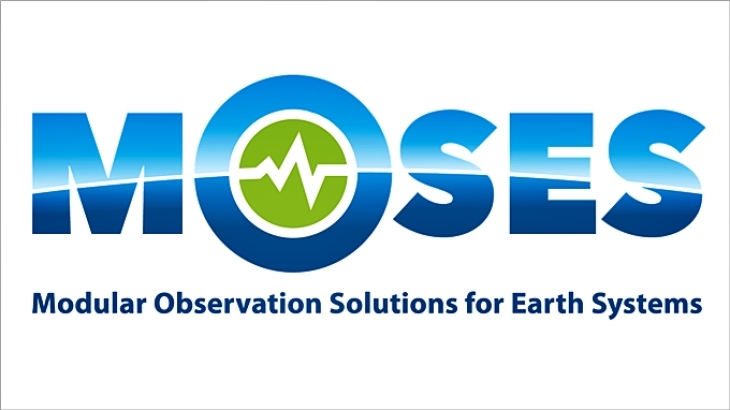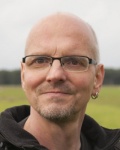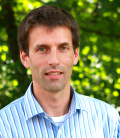MOSES

Logo Project MOSES -image: UFZ-
MOSES (Modular Observation Solutions for Earth Systems) is a research initiative comprising nine Helmholtz research centres that are part of the research area “Earth and the Environment”. The joint project MOSES is coordinated at the Helmholtz Centre for Environmental Research (UFZ) in Leipzig. In MOSES, a mobile and flexible operational measurement system is under development that is designed to measure high-dynamic events, such as heavy rain and flooding or heat waves and droughts.
MOSES studies the effects of such extreme events against the background of long-term trends. For the experiments, the measurement systems will be combined into modules that are designed to be flexible and mobile. With an approach that spans scientific compartments (soil, water, air), state variables as well as material and energy flows are measured in the MOSES modules. This includes recording processes in the areas of energy, water, nutrients and climate-relevant gases. The joint project integrates observations in the atmosphere, at the land surface, in coastal regions, in the ocean and in the permafrost zone. From 2017 to 2021 the Helmholtz centres will be developing the mobile and flexible operational measurement system. MOSES should then be ready for use from 2022.
Within the event chain “Hydrological Extremes”, the Helmholtz-Zentrum Hereon works closely with the Alfred Wegener Institute, the Centre for Environmental Research in Leipzig and with GEOMAR on the study of high and low water events in the Elbe estuary. Several research trips in the German Bight with up to three research vessels serve to prepare for an "actual event" - a flood. This is so logistical and scientific preparations can be developed to the extent where measurements can be taken in a targeted and efficient manner when a flood occurs.
Furthermore, the Hereon coordinates the “Ocean Eddies” event chain in MOSES. In cooperation with GEOMAR, the development and collapse of small-scale eddies are studied in detail using the most modern technology in and on the water as well as in the air with additional support from computer models. These eddies have considerable influence on the ocean’s energy budget as well as on the chemical and biological processes (Clockwork Ocean).
Further information and contacts
WEBSITE Project MOSES


